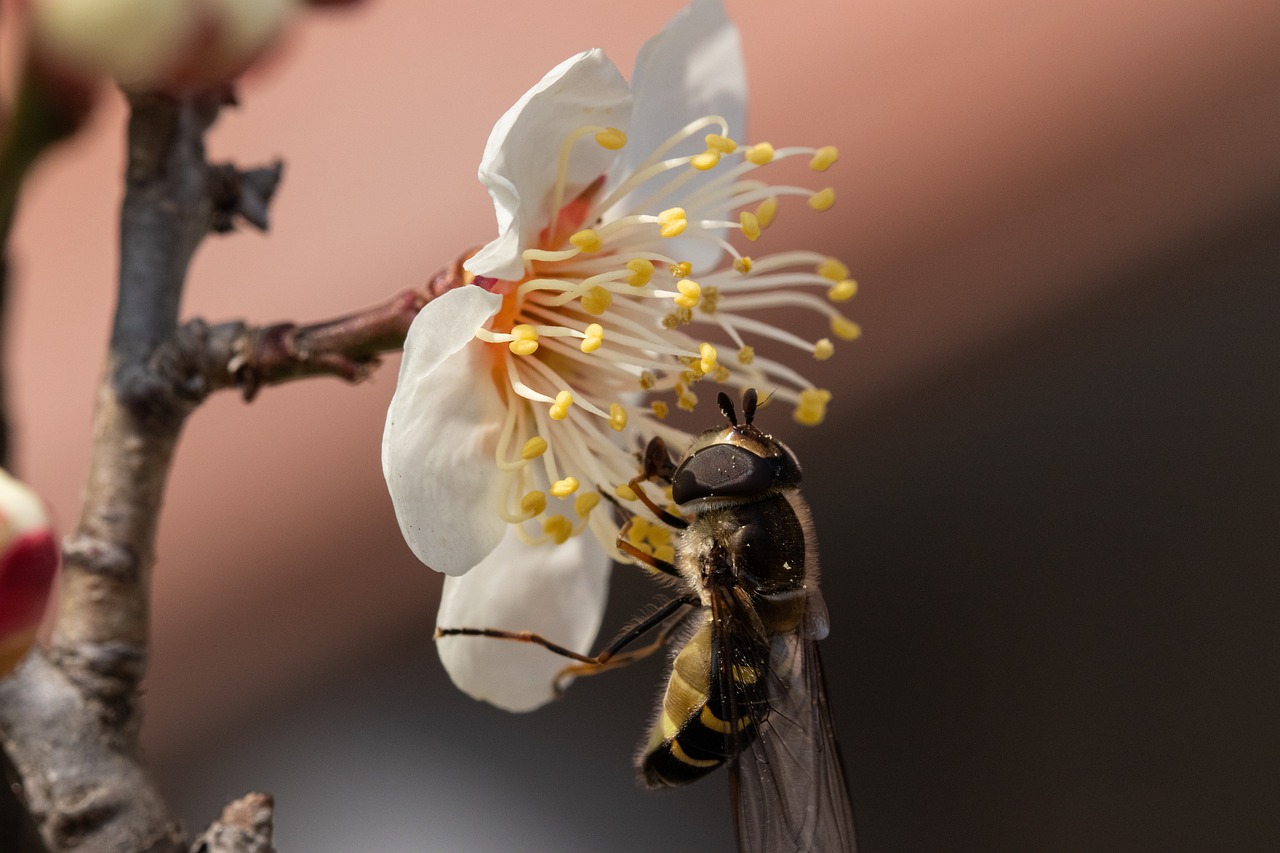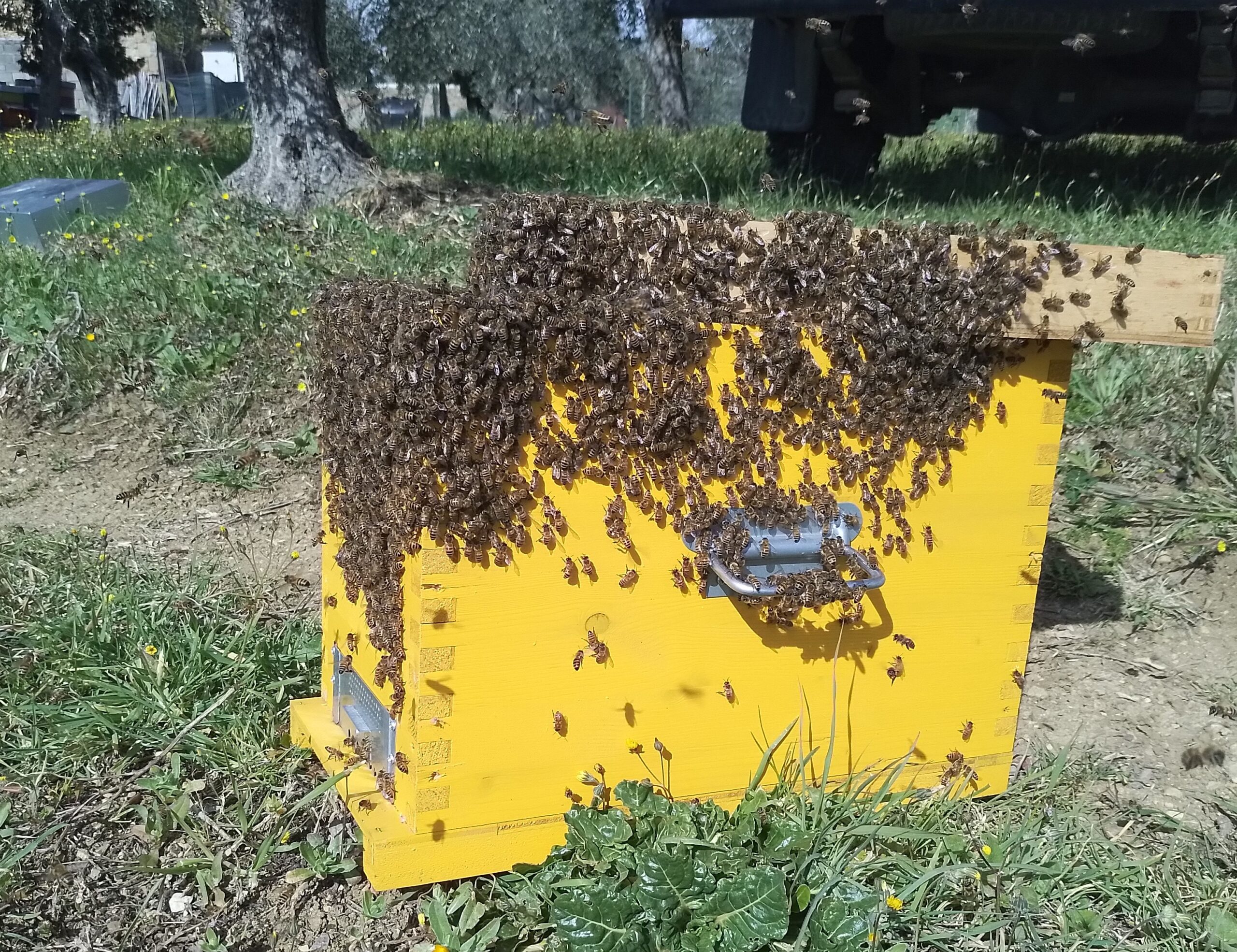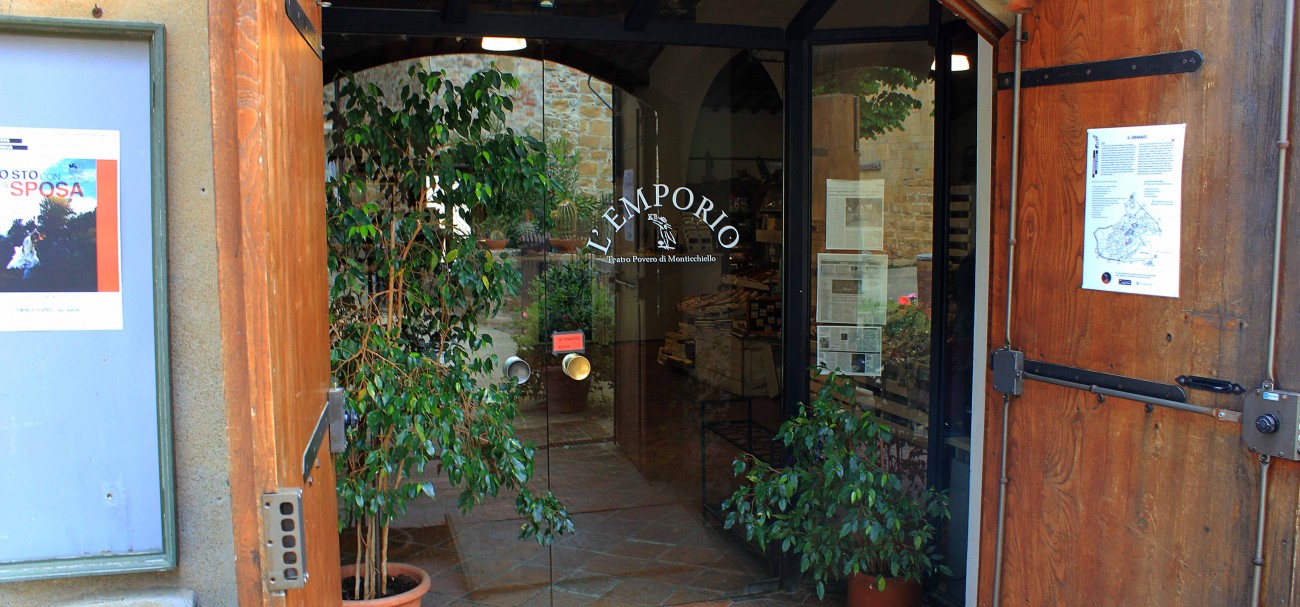The Oppio Novo company is proud to offer certified organic honey, a recognition that we have recently received with daily work and commitment, respecting the animals and the land that we have had the pleasure and honor of working.
The definition of “organic farming” can be found in the European Union regulation, as “a comprehensive system of farm management and food production based on the interaction between best practices in the field of environment and climate action, a high level of biodiversity, the preservation of natural resources and the application of high animal welfare criteria and strict production standards consistent with the preferences of a growing number of consumers for products obtained from natural substances and processes”. It therefore means a way of producing food that is more respectful towards the environment using sustainable methods, which may include:
– extensive crop rotation
– limitation of the use of synthetic pesticides and fertilizers
– ban on the use of GMO
– the use of plant and animal species resistant to disease and adapted to local conditions.
Biologos or "respect for life"
In recent years, we have heard more and more about organic products and organic farming, both for ethical and environmental reasons and for the health of consumers. It is no coincidence that the term “organic” comes from the Greek biologos and means “respect for life”. The difference between organic and conventional is found both in terms of quality and in the principles that underlie the production process, and this also applies to the beekeeping sector.
Organic Beekeeping: let's learn to recognize it
Organic beekeeping means having hives as far away as possible from sources of pollution, it means treating bee and hive pathologies and problems with natural products based on essential oils and organic acids, it means abandoning all those invasive products and treatments.
The difference between organic and non-organic products derived from conventional beekeeping is therefore given by the different production model that guarantees the typicality and healthiness of the product, which is not only linked to the type of health interventions. In fact, it also takes into consideration other aspects, such as the quality of the internal and external environment of the hive, the extraction conditions, transformation and storage.
For us who work every day to safeguard the health of the environment and those who live there, the direction towards organic farming products represents a significant and essential step. Choosing organic products means consuming healthy and genuine foods, supporting an agriculture that respects the environment and contributing to the well-being of the planet.




